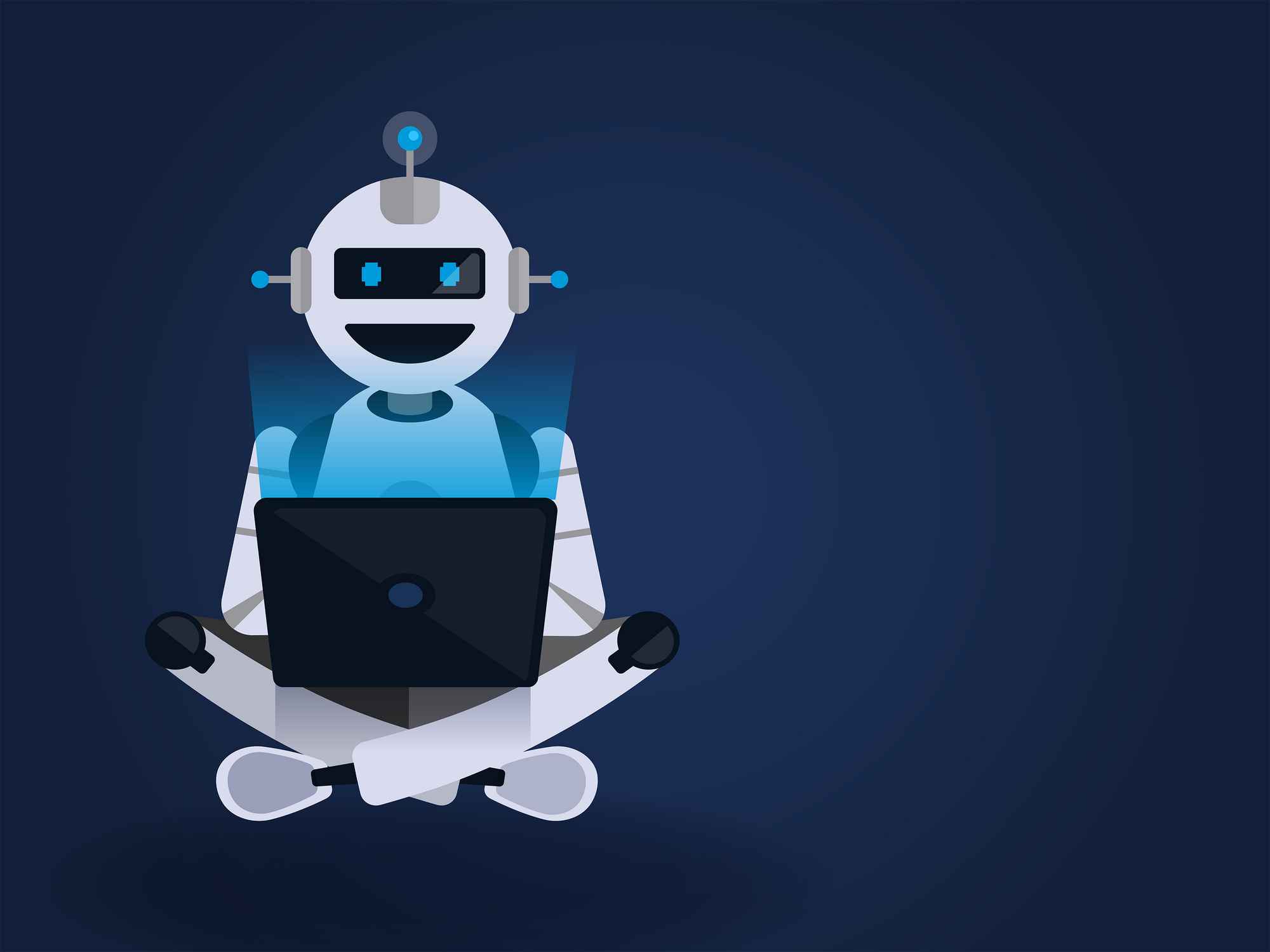Benefits of AI Bots in SaaS: Revolutionize Business Process

In today's world, artificial intelligence (AI) and software as a service (SaaS) are creating new opportunities for businesses and improving their ability to make informed decisions. In this text, we look at exactly how AI and SaaS interact to form innovative solutions and expand the horizons of possibilities in the field of information technology. Perhaps after reading this, you will create an AI chatbot for your website.
How AI and SaaS Work Together
At the center of this collaboration is the ability of artificial intelligence to analyze the massive volumes of data provided by SaaS software, which in turn improves forecast accuracy, optimizes business processes, and enables more informed and strategic decisions.
AI in Predictive Analytics. AI helps analyze large amounts of data, identify hidden patterns, and make accurate predictions about user behavior. This gives companies the opportunity to adapt their services to the needs of their clients in advance. At the same time, they optimize production processes and improve strategic planning.
AI in Customer Support. Chatbots work 24/7 so that customers' queries are instantly communicated and the required information about products or services is provided. Over time, the customer's interaction with the chat becomes more personalized as the bot learns from it and refines its work.
AI in Workflow Automation. AI automates routine tasks and makes autonomous decisions. For example, support agents may not answer frequently asked questions; the chatbot is loaded with templates that it uses to communicate with the client if they are faced with a common problem.
AI in Security. AI automates the analysis of large volumes of data to identify potential threats, detect anomalies, and predict possible attacks. Thanks to this, the support service responds faster to cyber threats and protects information systems and data.

Proactive Support Through AI-Powered Analytics
AI tools like ChatGPT provide recommendations and personalized content based on an analysis of user data. However, AI is improving, so today functionality is expanding beyond traditional customer support.
Thus, AI provides the ability to anticipate obstacles, implement necessary changes, and provide a smoother customer experience. This proactive role of AI in improving the customer experience makes using SaaS applications more convenient and enjoyable for end users.
By learning user behavior, usage patterns, and interaction history, AI is able to predict potential problems that a user may encounter. This foresight allows SaaS companies to offer solutions before a problem becomes critical or even before the customer itself realizes there is a problem.
Conversational AI for Seamless Communication
AI customer service bots provide 24/7 support to users, promptly responding to their queries. If a SaaS website user has concerns about pricing, functionality, or product compatibility, a chatbot instantly answers their questions. This improves customer satisfaction and builds trust in the service. In addition, chatbots can handle multiple requests simultaneously, which significantly reduces wait times and improves the overall quality of service.

Anomaly Detection and Threat Prevention
Machine learning systems interact with data in real time to identify cognitive anomalies, unexpected spikes in data usage, and unusual login patterns.
AI chatbot communicates with customers and instantly analyzes volumes of data. After this, the bot identifies deviations from established behavior patterns, after which it alerts the operator about possible security threats and helps him maintain the operation of the application, preventing possible failures or system overloads.
This approach to cybersecurity allows the support service to quickly respond to potential threats. Thanks to this, cyberattacks become less and less successful, and the company is able to effectively manage resources, ensuring the stability and security of using SaaS applications.
AI-Powered Authentication and Identity Management
Artificial intelligence is bringing significant improvements to the fields of authentication and identity management. Specialized AI algorithms can analyze and detect anomalies in user behavior, which improves security. For example, an AI-powered system can detect suspicious login attempts by analyzing not only credentials but also characteristics of user behavior, such as typical login hours or resource usage patterns.
Moreover, AI can significantly improve the user authentication experience by suggesting biometric methods such as facial and voice recognition and adapting the level of authentication depending on the context of use. This balances security and convenience, allowing for more efficient identity management in a SaaS environment.

Key Issues and Ethical Considerations for Using AI in SaaS
While AI brings enormous potential and opportunity to the SaaS industry, this journey is not without its challenges and ethical considerations.
Privacy and Data Security. In the context of the use of artificial intelligence (AI), ensuring the protection of sensitive information becomes especially relevant.
Effective encryption measures, strict access controls, and secure storage systems become integral to data privacy, ensuring that personal information remains protected from unauthorized access. However, while AI does improve security by proactively detecting threats, ensuring the privacy and security of user data processing is challenging.
Bias and Fairness. In the development and application of artificial intelligence, special attention must be paid to the problem of algorithm bias. Bias may arise due to incorrect training samples or errors in the interpretation of historical data. It is important to strive to create fair and equitable systems that respect diversity and prevent negative impacts on certain groups of people. Regular evaluation and adjustment of algorithms will help minimize the impact of bias on decision-making.
Transparency and Accountability. Transparency in decision-making and accountability in the use of AI are critical to establishing public trust. Developers and operators of AI systems should strive for clarity in the functioning of algorithms and processes so that users can understand how decisions are made. Accountability includes being willing to answer for the consequences of decisions made and providing appeal mechanisms for those who feel they have been wronged.
AI Addiction. With the constant expansion of applications of artificial intelligence, society's dependence on these technologies increases. Careful attention must be paid to developing ethical standards and regulations to balance the benefits and risks associated with the use of AI. Regular monitoring and assessment of the impact of AI on various areas of society will help ensure the sustainable and ethical implementation of these technologies.
However, these problems are not insurmountable. SaaS companies need to keep these considerations at the forefront of their AI strategies to create systems that are not only efficient and effective, but also ethical and reliable.
